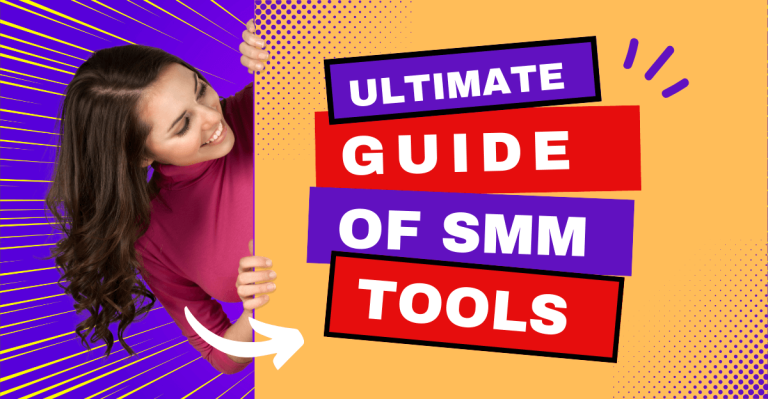Everyone wants to know what the key to a good ranking in the search results on Google Maps is. There are many theories about reviews as a ranking factor, but what exactly is this all about? Is the text that is in the reviews? Is it the number of reviews your listing has? Or can it be how often you receive reviews? In this article, we tested whether "fresh" reviews affect your Google Maps ranking.
What we discovered
We have a client with a café in the central part of Athens, for whom we noticed that the rankings dropped after an update of Google's local algorithm. So, we started looking into what could have caused this drop in rankings. Using one of our platforms to monitor and optimize our clients' company profiles, one of the things we noticed is that they used to consistently receive new reviews and then... nothing. A flat line (see image below). So we started digging deeper. Does receiving new reviews have an impact on rankings in Google Maps?
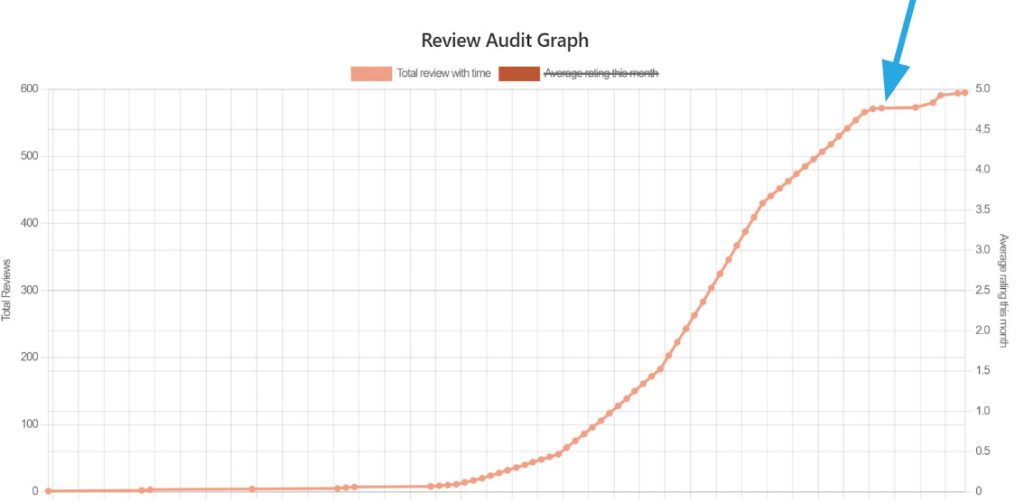
So we contacted our client and asked if he knew what happened. He said, "Yes, yes. I know exactly what happened! We ran out of cards with the QRCode redirect to leave us reviews and didn't supply again, so we stopped asking for reviews from our customers! I couldn't have imagined we would have this problem. Send me a new batch as soon as possible."
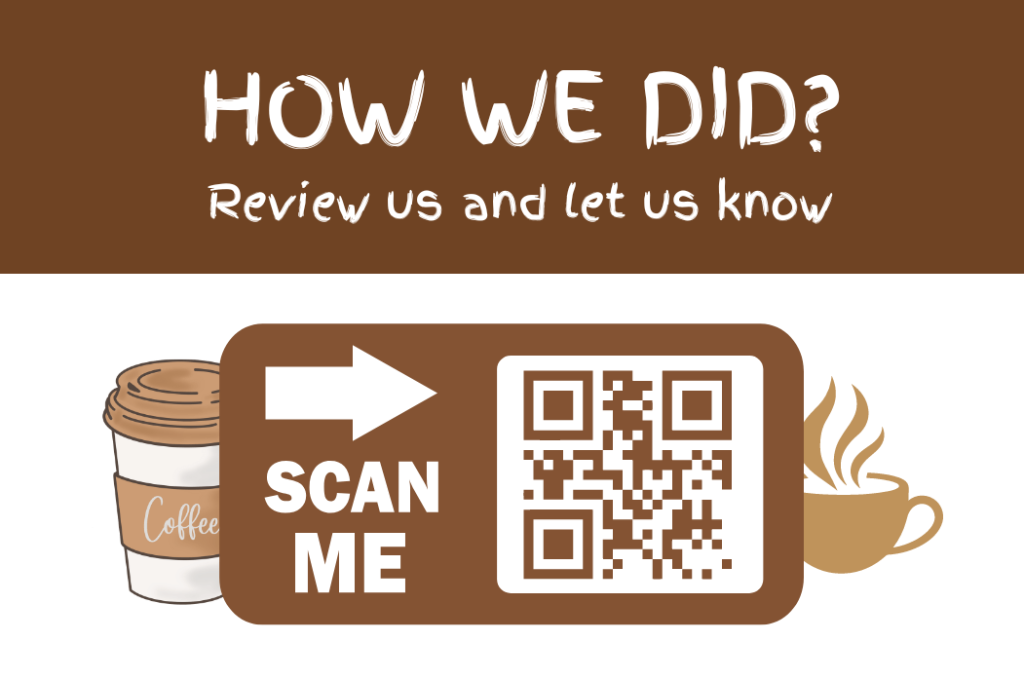
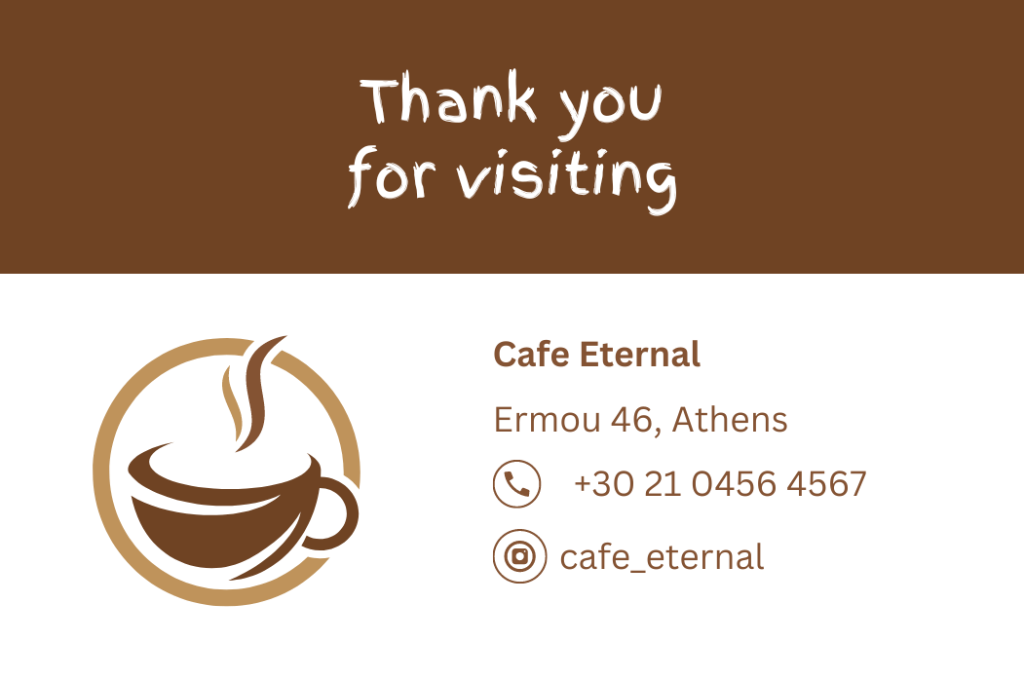
So something so simple and everyday had cost our client. It's also really an interesting idea and NOT against Google's guidelines to give and incentive to your customers to leave a review. Here our client didn't as his customers were tourists so they were passing by the location. What you should note, however, is that you should ask for honest reviews and not implicitly incentivise your customers only if they leave you a positive review. Because there will indeed be a violation of Google's policies.
Another idea is that every time a customer leaves a review for a member of your staff, you put their name in a weekly draw. At the end of the week they will be randomly selected from a stack of cash and can win from £5 to £20. This really won't cost that much to an owner and is definitely worth it if the business is constantly receiving new reviews (and new customers).
The result
The client immediately started doing it again, as we really wanted to see if a series of new reviews Google would help the cafeteria's ranking. What we noticed was very interesting! As you can see in the image below, the ratings improved as it started receiving reviews again.
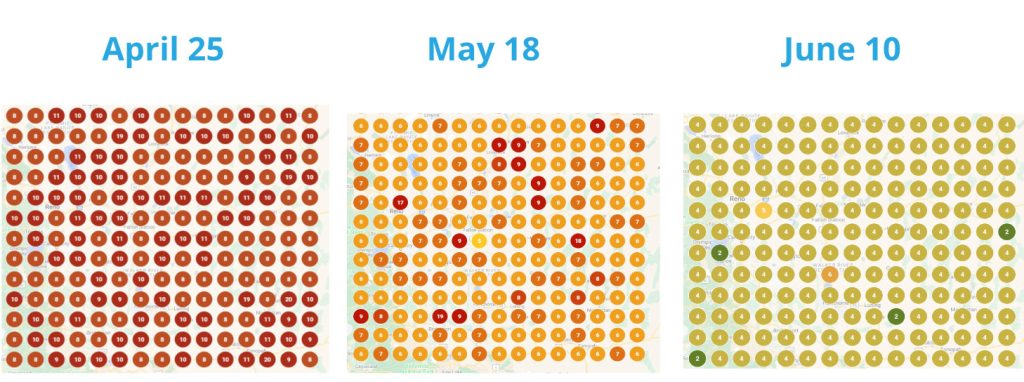
How often do you need new reviews?
And that brings us to the question of one million. How often should you leave reviews to see results in your Google Maps ranking? We get this question so much and I know you'll hate our answer, but it depends and it's all about.
You really need to look at your competitors. If they take new Google reviews every day, then you should receive new reviews every day. If you are in a less competitive industry or in a smaller market, once a week would probably be enough. What I can tell you for sure is that you don't want to stop receiving new reviews. One tool I like to use for this is the Chrome browser extension, called Pleper. Once installed, you can do a search on Google Maps for a keyword and it will tell you how many reviews businesses have, on average, along with the top and bottom amount.
How to do your research
Take for example the popular search term "restaurant Athens". What you will see in the image below is the following: The average rating of local businesses is 4.54 and the average review score is 1.575. The maximum score is 4.8, the minimum is 4 and the maximum reviews a business has is 5475. The minimum reviews are 14 and there is not a single business that does not have even one review.
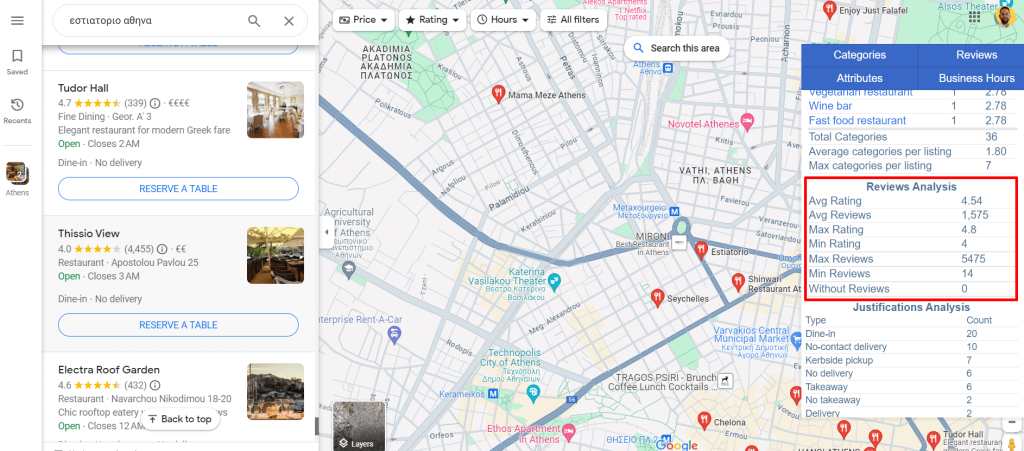
You will also see even more data to study the competition, such as the categories assigned to the businesses, the benefits they have, their hours of operation, etc. But what is of huge importance is the overall conclusion that comes out of this research. In case you missed it, there was no recommended business with an average score below 4! As well as no business that hasn't had at least one review.
Conclusion
So we found something that didn't really surprise us. Regardless of how many reviews you have, Google pays huge attention to how often you receive these reviews and how long it's been since you've received a new review. It's something that is also reflected in your average as we saw in how to calculate your average score on Google Maps and it makes sense. If a business suddenly stops receiving reviews, Google gets a signal that something is starting to go wrong with that business. If in the same time frame your competitors are receiving reviews with the same frequency, they are bound to overtake you.
Ask your customers for reviews, train your staff how to do it, motivate both employees and customers and see the difference reviews will make to your business. And we're not just talking about your Google ranking as reviews are the first thing your customers look at before choosing a business (the 96% read reviews and 6 out of 10 consumers require 4+ stars to consider choosing an enterprise).


